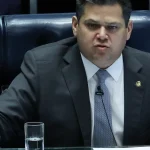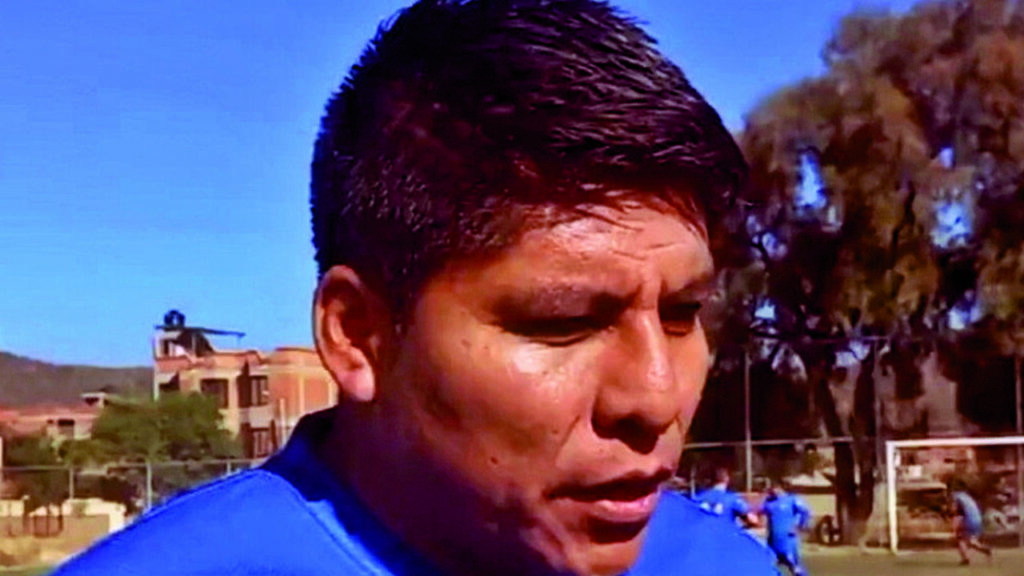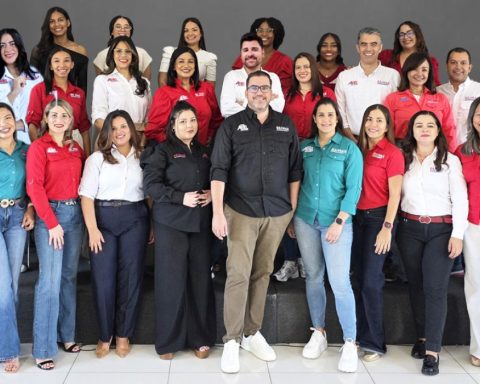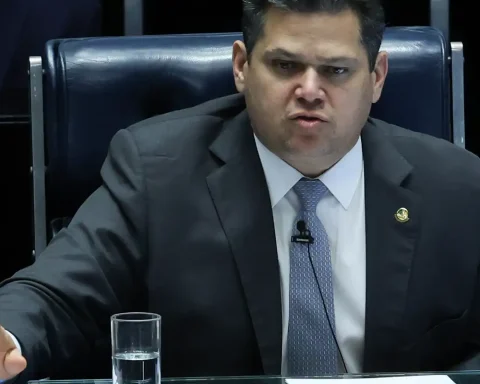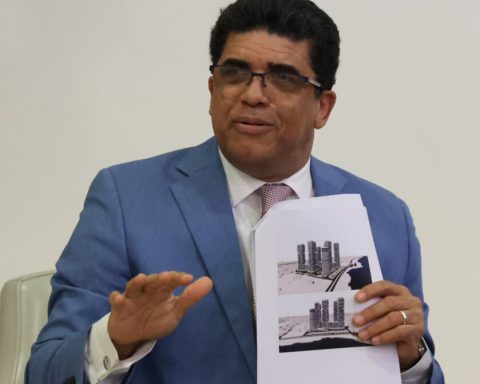According to the DANE census, in Colombia 2,649 people belong to the Rom or gypsy people that, from the right to health, have special relevance for constituting a vulnerable group.
All the people of this ethnic group are recognized as victims of the armed conflict because their nomadic traditions have been transgressed, leading them to forms of sedentary settlement, something that goes against their tradition, which caused damage to their cultural wealth, customs and traditional trades.
The Ministry of Health works with the gypsy dialogue table, a space for consultation between the 11 representatives of the nine Kumpañy and two organizations, to advance the health and well-being of the population.
You may be interested in: Ministry of Health warns that Colombia is in the first respiratory peak
Alejandro Cepeda, head of the Office of Social Promotion, said that “we present the progress of the health commitments agreed between the Roma people in each territory, the territorial entities and other actors of the General System of Social Security in Health, which include: presentation of Resolution 464 of 2022 – Gypsy Chapter in the Ten-Year Public Health Plan; preliminary document of guidelines for the mainstreaming of the ethnic approach for the Roma people in the health system; and work plan for the socialization and improvement of the health components of the gypsy people”.
In addition, the health guidelines for the mainstreaming of the ethnic approach for the Rom or gypsy population were explained, which includes insurance, provision of services, analysis of the health situation and the different comprehensive care routescollective and individual interventions, and protocols for dialogue in health.
It is important to point out that in Colombia, the Rom people are found in 10 territories, distributed in nine Kumpañy, as their communities are called, in the municipalities of Sabanalarga, Atlántico; Bucaramanga, Santander; Envigado, Antioquia; Ibagué, Guamo and Saldaña del Tolima; Sahagun and San Pelayo, in Cordoba; Sampues, Sucre; Pasto, Narino; and two organizations in Bogotá: Unión Romaní and Prorrom.
Alejandro Cepeda affirmed that “unanimously, the Gypsy Dialogue Table approved the work plan presented by the Health portfoliowith which a methodological and participatory agenda will be carried out that will integrate the work with these 11 Roma congregations”.








